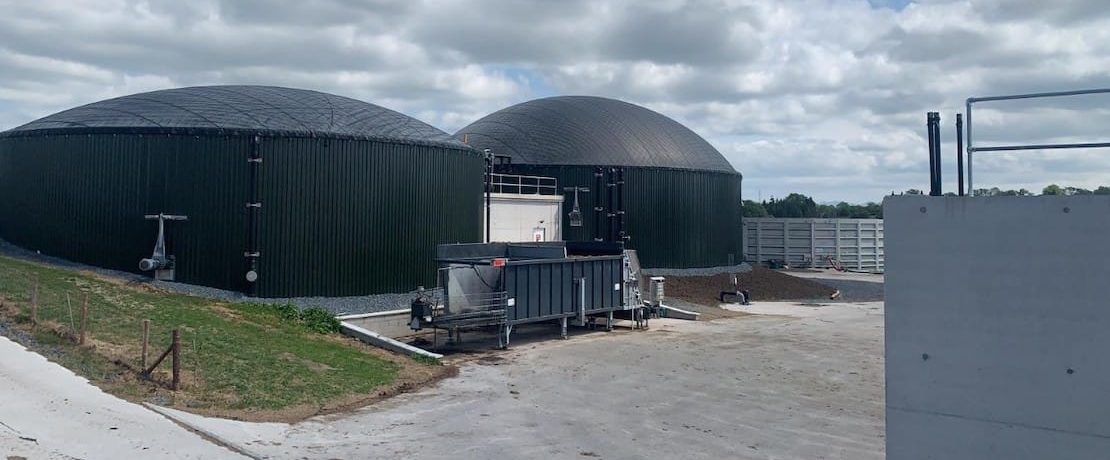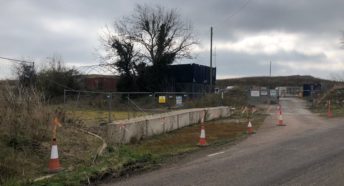A win for CPRE and the Keynsham countryside
It may stretch the imagination a bit to see a link between the tragedy of Ukraine and how we use our green fields and green belt here in Avon and Bristol but one recent event in particular brings home the fact that there is a link – and it is a very important one.
Plans for a giant Anaerobic Digester unanimously rejected
CPRE members – and the residents of Keynsham – are celebrating this week at the unanimous rejection by the B&NES Planning Committee of proposals for a giant Anaerobic Digester within the Green Belt just outside Keynsham at Queen Charlton. Council Officers recommended rejection on multiple planning grounds including the complete absence of any “special circumstances” that would have justified over-riding Green Belt protection. Ecological, environmental, and major traffic implications were all also important considerations in the decision.
The scheme proponents may well appeal – they have already spent so much money that a bit more won’t bother them. This of course raises the spectre of the “Bristol Airport” scenario, where Planning Inspectors overturned N. Somerset’s rejection of the airport expansion proposals. Read more about our reflections on what really went wrong with Bristol airport.
If successful, there would have been serious implications for local people and wildlife
The Anaerobic Digester proposal was huge – an industrial scale plant in a sensitive location within the Green Belt. It would have involved growing large quantities of maize on agricultural land to “feed” it. No question of the plant working on the basis of local agricultural or food waste. The numbers of HGVs bringing in material from miles around would have been huge – some 28,000 movements a year – on country lanes and with SatNavs no doubt routing them through the new Keynsham residential areas regardless of any “conditions” or restrictions.
Unpleasant and at times noxious emissions from the plant would have been blown by the prevailing south-westerly winds straight over the 7000 or so new homes recently built and occupied to the south-west of Keynsham and then on over the town centre and the new developments on the other side. No wonder there were over 800 objections and a massive campaign organised by POKE. Congratulations to them on their success.
I am very pleased to say that CPRE’s own submission received considerable attention and was given significant prominence. We were quoted very effectively by one of the Councillors taking part in the committee session. So we too contributed significantly to the great result.
We need more renewable energy, not greenwashing
CPRE is of course in favour of renewable energy. However our mantra is “renewables done well”: the right schemes in the right place, and the right priorities for our countryside. Schemes like the Keynsham Digester are purely commercial in intent. They are not needed in terms of increasing overall Digester capacity and involve the mis-use and abuse not only of the site but also of farmland far away. They are prime examples of schemes that are no more than pure “Greenwash”. They do the cause of “net zero” no good at all.
Resilience and sustainability are key
That brings me back to me opening point. The Ukrainian catastrophe reminds us all of the need for national resilience, in energy, of course, but also in food supply. How much better that our farmers should be encouraged to grow food for people than soil-damaging maize to feed an Anaerobic Digester for which there is no need and which blights the precious Green Belt – the countryside on our doorstep. Let’s hope that there is no appeal and if there is that
it is dismissed as robustly as B&NES Councillors and Officers have rejected the application.
David Worskett
Chair, CPRE Avon and Bristol




